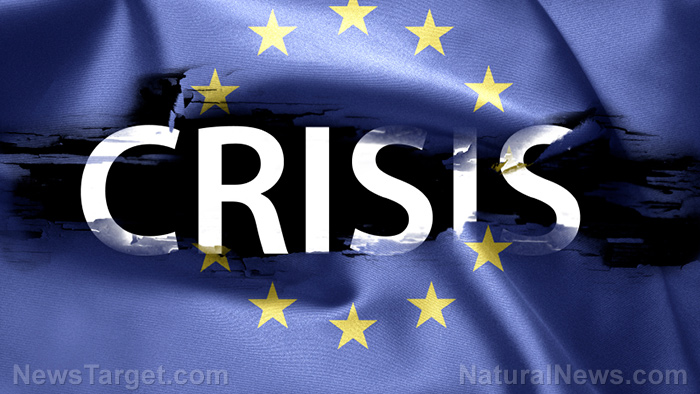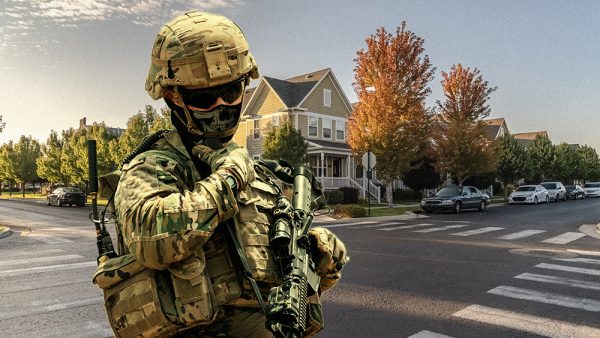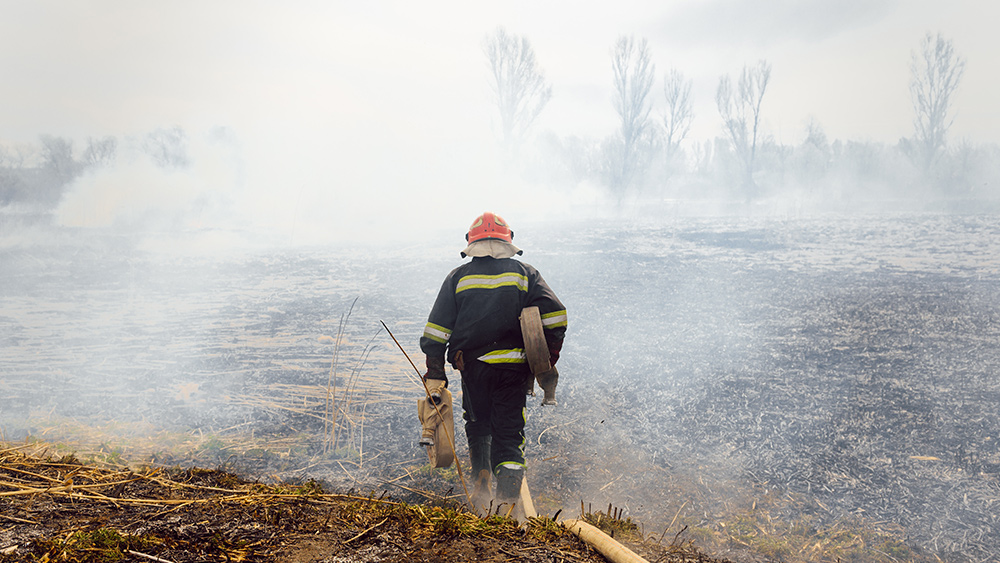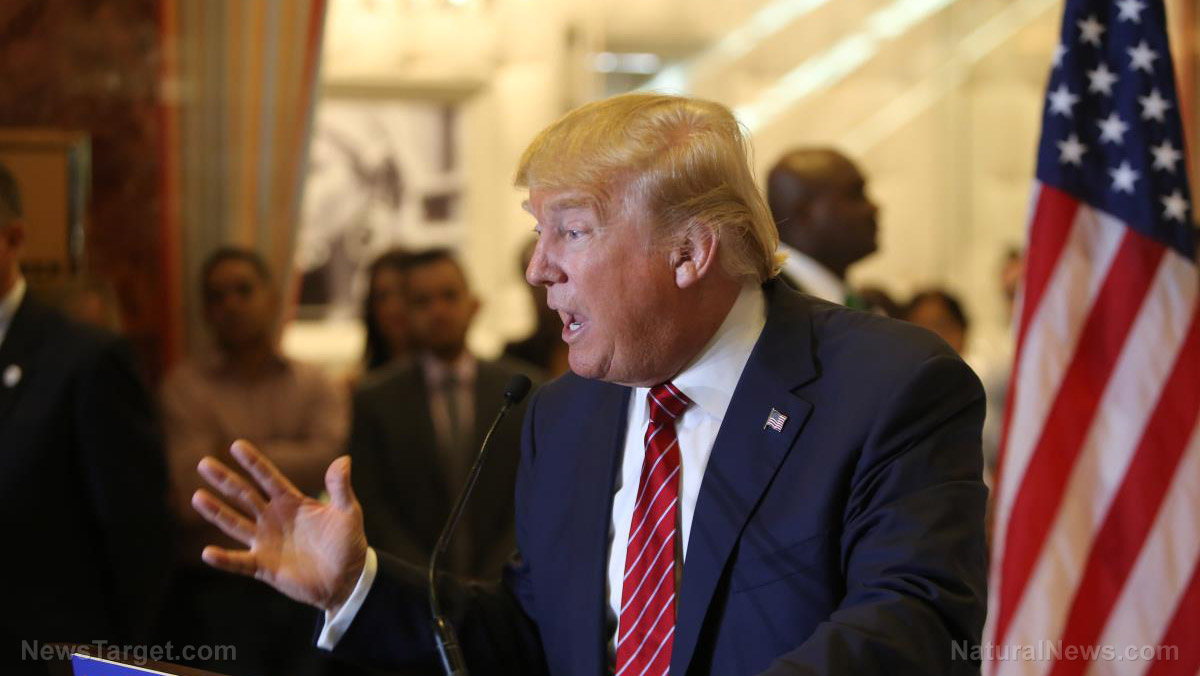 Parler
Parler Gab
Gab
AfD could take over Germany by 2025
The release of this program comes at a time when the AfD's popularity in Germany is steadily rising. Recent polls put support for the conservative party at between 18 percent to a record-high of 23 percent. Germany is due to hold another federal election in 2025. If current electoral trends persist, German Chancellor Olaf Scholz's left-wing Social Democratic Party (SDP) will likely be dethroned as the biggest party, and his three-party coalition with the pro-business Free Democratic Party (FDP) and the environmentalist Greens might not have enough seats to form a majority in parliament. Despite the clear threat posed by the AfD, Scholz and his party seem unfazed, with the chancellor stating back in June that he was "confident that the AfD won't do any better in the next general election than it did in the last one." The AfD also has to go up against the "firewall" that Germany's five other main parties – the SDP, FDP, Greens, the Left Party and the conservative bloc of the Christian Democratic Union and the Christian Social Union (CDU/CSU) – set up. This firewall is essentially a vow not to work with the AfD in any form, whether at the federal, state or local level. CDU Leader Friedrich Merz reiterated that this firewall will remain up as he insisted that there would never be any kind of cooperation between his party and the AfD, even at the local level. Leading members of the AfD recently spoke out against cooperating with the CDU/CSU of former Chancellor Angela Merkel – a departure from previous statements made by AfD Co-Leader Tino Chrupalla who batted for the CDU to dismantle the firewall against the party. AfD Deputy Chairman Stephan Brandner recently stated that he did "not see a reason to approach" the CDU, noting that the party had their chance to try to cooperate with the AfD for "much too long." But before the 2025 federal election, AfD leaders are gearing up for the EU parliament election next year as well as several state-level elections, including two later this year. Chrupalla pointed out that current polling suggests that the party might end up becoming the biggest party in at least three state elections in eastern Germany. "We could take on government responsibility," said Chrupalla. The party's goal in the upcoming state elections is to gain enough support that it would be impossible for any of the other parties to form a majority without cooperating with the AfD. Should the "taboo" of cooperating with the AfD be broken at the state level, it could make future breaches of the so-called firewall less controversial. Chrupalla even noted that the party would be in government in the near future "first in a state in the east, and then in the west, and then nationally." "There are some politicians who want to build firewalls," Chrupalla added. "We East Germans have experience with walls, and the last wall that was built in Germany [the Berlin Wall] … we East Germans tore it down." Learn more about the downturn in global governments at BigGovernment.news. Watch this video discussing whether the AfD can successfully topple the globalist government in Germany. This video is from the Brian Ruhe channel on Brighteon.com.More related stories:
Leaked documents: Socialist Spain wants the EU to ban all end-to-end encryption. Europeans don't realize "one day they will become a minority in their own countries," warns best-selling South African writer Ernst Roets in interview with Hungarian media. STARVE FOR THE CLIMATE: European Union partners with Dutch government to shut down dairy, cattle, pig and poultry farms across the country. European Parliament to criminalize physical cash use by imposing limit on cash transactions. EU trying to force all member states, including resisters Hungary and Poland, to accept same-sex "marriage." Sources include: Breitbart.com APNews.com DW.com ForeignPolicy.com Brighteon.comHawaii State government attempts information blackout on Maui fire – refuses media access
By News Editors // Share
Check has cleared: U.S. Chamber of Commerce formally surrenders to Bill Gates and globalism
By News Editors // Share
Bureaucratic amnesia? FDA claims it never warned against taking ivermectin for COVID
By Ethan Huff // Share
A bumpy ride (by James Howard Kunstler)
By News Editors // Share
Governments continue to obscure COVID-19 vaccine data amid rising concerns over excess deaths
By patricklewis // Share
Tech giant Microsoft backs EXTINCTION with its support of carbon capture programs
By ramontomeydw // Share
Germany to resume arms exports to Israel despite repeated ceasefire violations
By isabelle // Share










